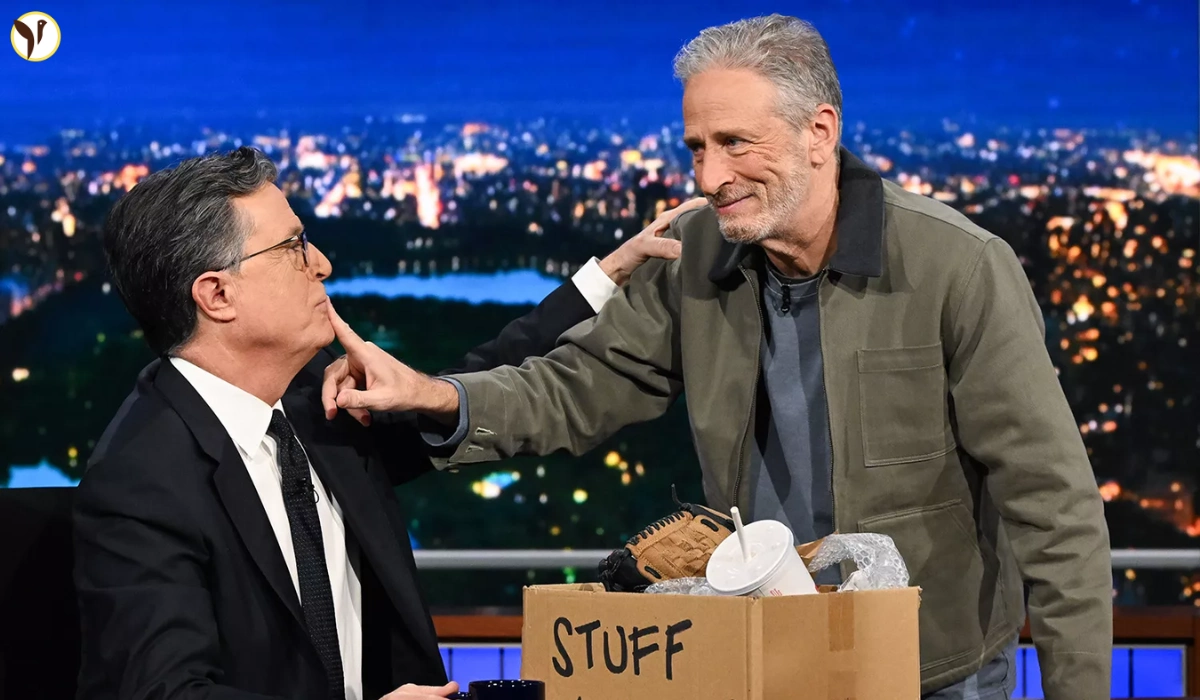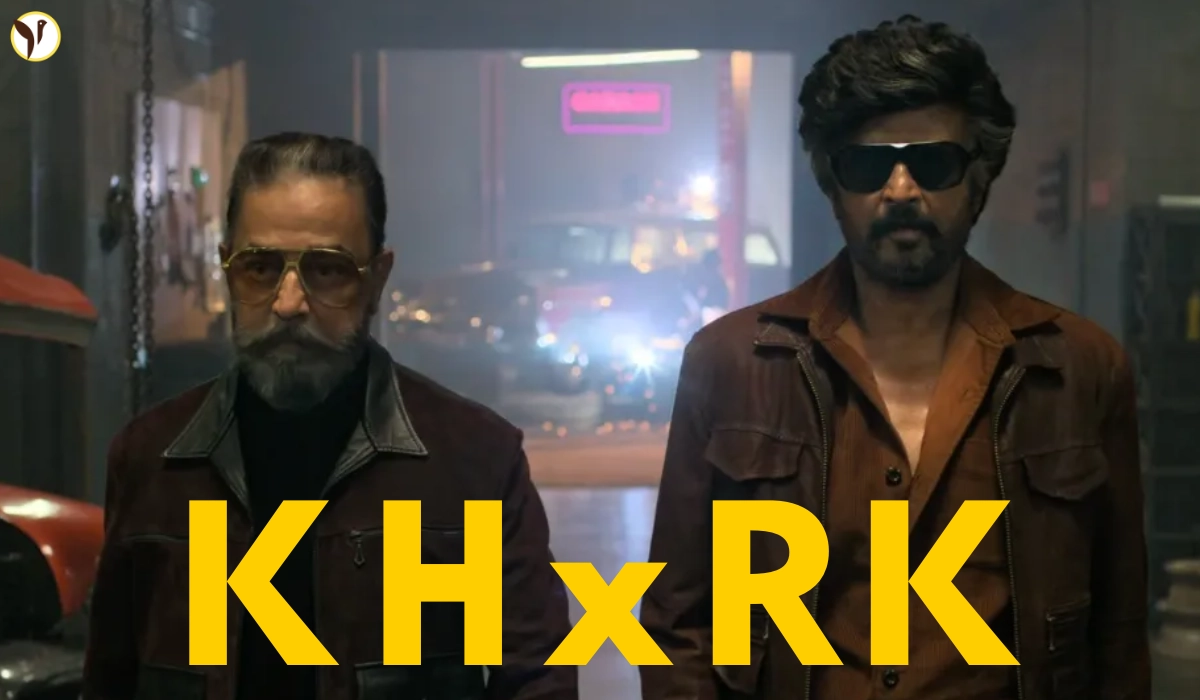Jon Stewart is speaking up after CBS abruptly canceled The Late Show with Stephen Colbert, and he isn't pulling any punches. When Stewart appeared on a recent episode of The Daily Show, he took CBS and parent company Paramount Global to task and seemed to suggest that the cancellation may have been politically motivated more than financially motivated.
CBS has explained that the cancellation was financially motivated due to budget issues. However, Stewart seemed to raise questions that the real reason might be Colbert's continuous disdain of former President Donald Trump and even CBS itself. Colbert had recently discussed CBS and Paramount's $16 million legal settlement with Trump. Stewart suggested that Colbert's comments about those types of issues might have made the cancellation of his show more enticing to CBS.
Stewart also referred to Paramount's plans to finalize an ฿8 billion merger with Skydance Media. Stewart noted the timing and that CBS might be trying to avoid controversy while managing a high-profile corporate merger; and that this merger raises questions about what content the new company prioritizes—and if strong political voices outside of direct political commentary, like Colbert's, will continue to exist.
Stewart was blunt. He vigorously defended Colbert's brand of political satire and insisted on the importance of maintaining space for raw conversations on late-night television. "We're trying," he said. "We express opinions in front of television cameras ... but we try." His comments fit into a larger narrative on whether media companies are willing to support content that pushes back against power.
What’s next for late-night, and for Stewart himself?
The abrupt cancellation of Colbert's programme is increasing anxiety about the future of late-night television. More and more networks are cruising onward into more conservative or less political territory, and some critics are concerned some sharp, satirical voices may be marginalized.
Stewart took the opportunity to discuss his own ambiguous future. He stated that his contract with The Daily Show, will only take him to 2025, and there have been no conversations about adding an extension. He did not declare whether he intends to remain, but the ambiguity adds to the feeling of reorientation across late-night television.
Colbert featured Adam Sandler, Weird Al Yankovic, and Lin-Manuel Miranda in his final episode, and while the evening had a comedic vibe it was still filled with an element of tension. Probably many viewers saw the musical routines and guest appearances as barely concealed barbs directed toward CBS for how the show was ending.
As the viewers come to grips with the news, the larger issue is what will happen next. Will networks still stand behind hosts who take strong political stands, or are we on the verge of a whole new era filled with "safe," and less politically contentious, backgrounds? Stewart has undoubtedly sparked that conversation, and many will continue to watch how this plays out in the future.
Image Source: People.com









